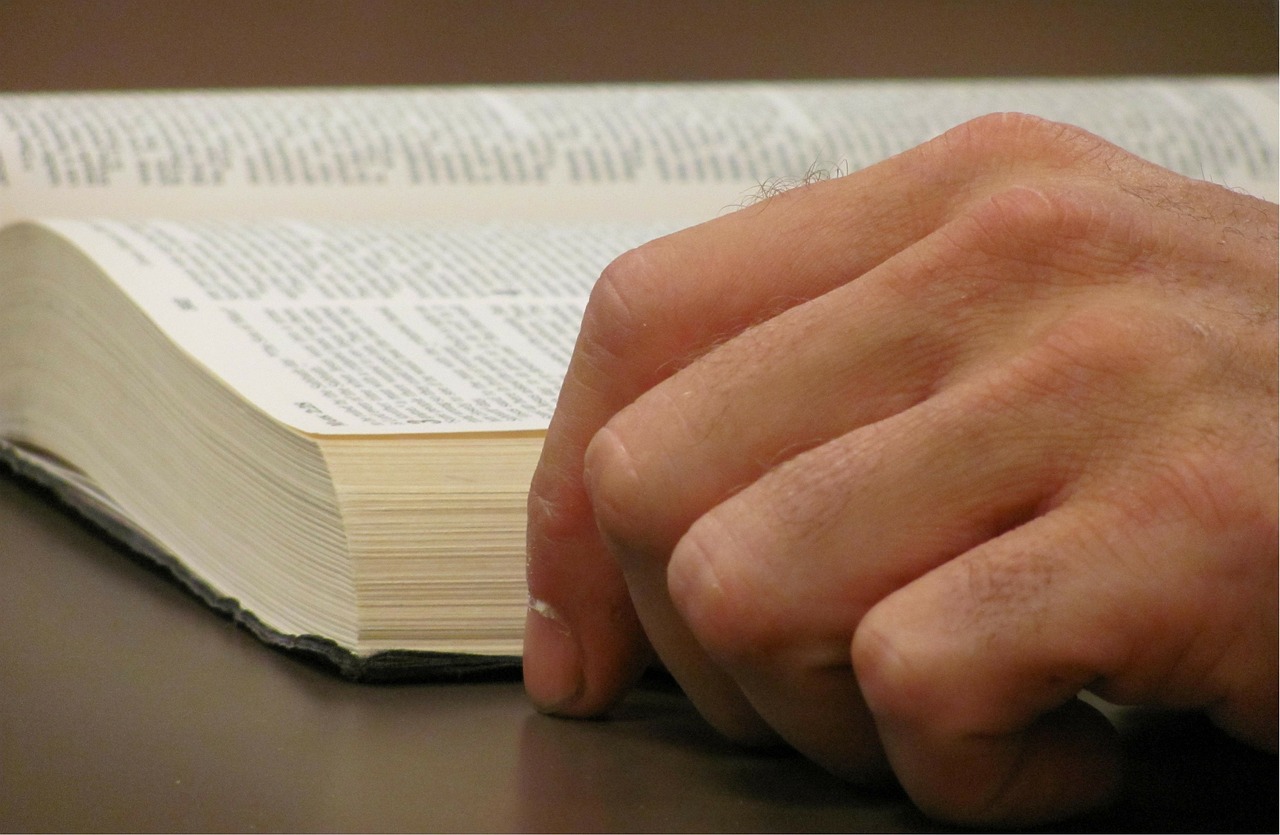Living with Purpose: Lessons from Karol Wojtyła’s Acting Person in Philippine Contexts for the Faithful
Understanding our role in God’s plan is a question every believer asks at some point. How can we live faithfully, act responsibly, and make choices that honor God? Karol Wojtyła’s Acting Person in Philippine Context provides valuable insights by exploring the philosophy of the human person and connecting it to practical Christian living — particularly in communities like ours.
The “Acting Person” and Christian Life
Karol Wojtyła, who later became Pope John Paul II, emphasized that humans are not passive observers of life. Instead, we are “acting persons,” capable of choice, reflection, and moral responsibility. This philosophy resonates deeply with the teachings of Scripture, where God calls each believer to act with wisdom, integrity, and love.
In a church context, understanding ourselves as acting persons encourages us to participate actively in our spiritual journey. It reminds us that faith is not only about beliefs but also about actions — how we live, serve, and influence others.
Human Dignity as a Foundation
A key lesson from Wojtyła’s work is the intrinsic dignity of every human being. In the Philippine cultural context, where family, community, and societal expectations play a large role, it is easy to forget the value God places on each individual. The book emphasizes that respecting human dignity is essential, both in personal life and within the church community.
For congregations, this insight can transform how we approach relationships, ministry, and leadership. Recognizing the worth of every member — young or old, newcomer or long-standing member — fosters a spiritually healthy and inclusive church.
Making Faith-Based Choices
Wojtyła’s philosophy also teaches the importance of moral responsibility. Every action we take is a choice that shapes our character and our witness as Christians. The book encourages reflection on questions such as:
-
Are my decisions guided by faith and integrity?
-
Do my actions reflect Christ’s love in my family, workplace, and community?
-
How can I act intentionally to bring positive change?
By framing life as a series of conscious, faith-based choices, the book challenges believers to live intentionally rather than reactively. It reminds us that God calls us to be active participants in His plan, not passive observers.
Practical Applications for Church Life
For members of Second Adam Church, the teachings of Wojtyła can be applied in multiple ways:
-
Leadership: Church leaders can model ethical and faith-driven decision-making, inspiring the congregation to do the same.
-
Community Engagement: Acting with dignity and responsibility encourages outreach, service, and genuine care for others.
-
Personal Spiritual Growth: Every believer can reflect on their actions, striving to align them with God’s purpose.
The book highlights that philosophy is not only an academic pursuit — it is a practical guide to living a life that honors God and impacts others positively.
Integrating Faith and Culture
One of the most valuable aspects of this book is how it situates Wojtyła’s philosophy in the Philippine context. Our culture shapes our perspectives, relationships, and community life. By considering cultural factors alongside Christian faith, readers can better understand how to act with wisdom and grace in daily situations.
This is particularly important for churches like Second Adam Church, which seeks to nurture believers who are not only spiritually grounded but also socially aware. The book demonstrates that ethical living, personal integrity, and faith-based action are interconnected and culturally relevant.
Growing as a Church through Action
Karol Wojtyła’s Acting Person in Philippine Contexts reminds us that spiritual growth is tied to action. Faith is not just private devotion — it is demonstrated in how we live, serve, and care for others. Churches thrive when members understand their moral responsibility and actively participate in community life.
By encouraging believers to reflect on their choices and act intentionally, the book offers practical guidance for fostering a vibrant, spiritually mature church community. It aligns perfectly with the mission of Second Adam Church: to nurture believers who live out their faith fully and authentically.
Conclusion
For anyone seeking to grow spiritually, ethically, and relationally, Karol Wojtyła’s Acting Person in Philippine Contexts is an invaluable resource. It teaches that faith and philosophy are not separate; they work together to guide our actions, deepen our understanding of human dignity, and shape lives that honor God.
At Second Adam Church, these lessons can inspire members to live intentionally, act responsibly, and contribute meaningfully to both the church and the wider community. The book is a reminder that every believer has the power to live authentically, serve faithfully, and make choices that reflect Christ’s love.

